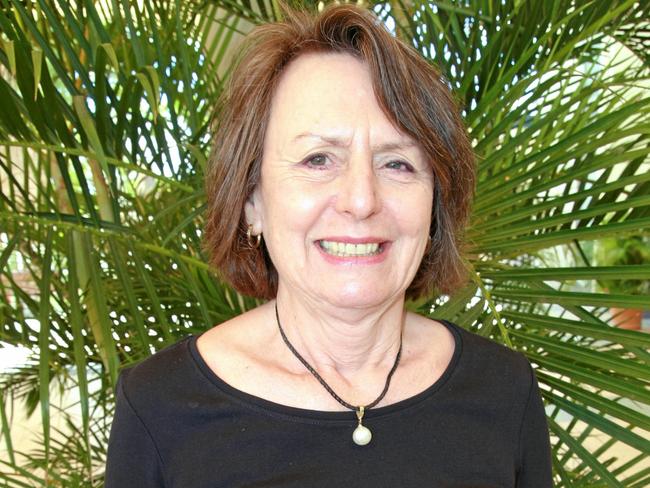First published in the Rural Weekly
I’m a grazier from Western Queensland and my husband and I have lived at Sunnyside, a 32,000 hectare property southwest of Longreach, for 35 years.
We live in an incredible part of the world. In this area — and further west — are three of the last healthy desert rivers in the world. The water from natural floods from the tropical north comes down the three big Channel Country rivers — the Georgina, Diamantina and the Cooper Creek — and spreads out over millions of acres of western Queensland, creating naturally irrigated pastures. These rivers and floodplains are the powerhouse of Queensland’s beef production and the lifeblood of our communities. Our seasons are defined by the ebbs and flows, and our agricultural lifestyle is completely reliant on it.
Some of my earliest memories are of the flooded Cooper Creek, often claimed to be the most variable river in the world. From a series of disconnected waterholes, it can swell to a huge inland river that swallows the landscape beneath it.
I grew up at the bottom of the Birdsville track at a place called Marree and one of my earliest memories is crossing the flooded Cooper in a punt. In flood, it’s truly a sight to behold.
I’m a teacher by profession but now I serve as the Deputy Mayor of the Longreach Council, which allows me to share my love of this area widely — a responsibility I take very seriously.
The downside of what I do is that I’m also regularly confronted by the many challenges we have to overcome living in an Outback Queensland community.
People leaving the land is an issue faced across rural Australia and it’s no different here.
I’ve seen many people leave the land and it concerns me. I worry about the future health and sustainability of our communities. People leave because they crave a lifestyle change, or they need to be closer to health services, or their properties are becoming less viable or too tough to manage, or their children just aren’t interested in coming back here any more.
I’ve raised four sons at Sunnyside — they’d all be on the property if our place was big enough!
I know that we’re in a drought and have been for six or seven years but we’re not on our knees. We still have hopes and aspirations. There’s still a living to be made, along with plenty of memories and an incredible community of people unlike any you find in the city.
I’d like to see more young people come back. I’d like to see a future for them and for all of us here.
What really sets this place apart is the sense of community. We don’t see one another a lot — but when things happen, people pull together just as they always have done.
This isn’t always an easy life, but it’s a great one.
I believe the best way to keep people on the land is supporting our strong agricultural sector and building new industries that are not climate dependent and sustain the health of our rivers and landscape. Tourism is a burgeoning industry and the region has so much to offer.
I’m concerned about the risk of industries like unconventional gas mining in our rivers and floodplains and what this would mean for our pastoral, cultural, tourism and ecological values, not to mention the health of our community. I’m a big believer in the need for regional economic development, new income streams and employment opportunities for our community and those of the Outback.
But we must be very careful that these do not come at the expense of existing industries and the unique natural and cultural values of our area. The floodplains and rivers are the heart of our communities and our pastoral and tourism industries. They’re our biggest asset and we must protect them from destruction and pollution.
We need to build and support industries that work with our land, not against it. We need to build a future for the Channel Country that sustains the landscape and allows our agricultural and tourism sectors to thrive.
We need to support the people who want to live in our communities and build reasons for our children to stay and raise their own children, well into the future.
Leonie Nunn lives and runs on a sheep and cattle property 134km south-west of Longreach with her husband. She was worked as a school teacher and currently serves as the Deputy Mayor of Longreach Regional Council.

